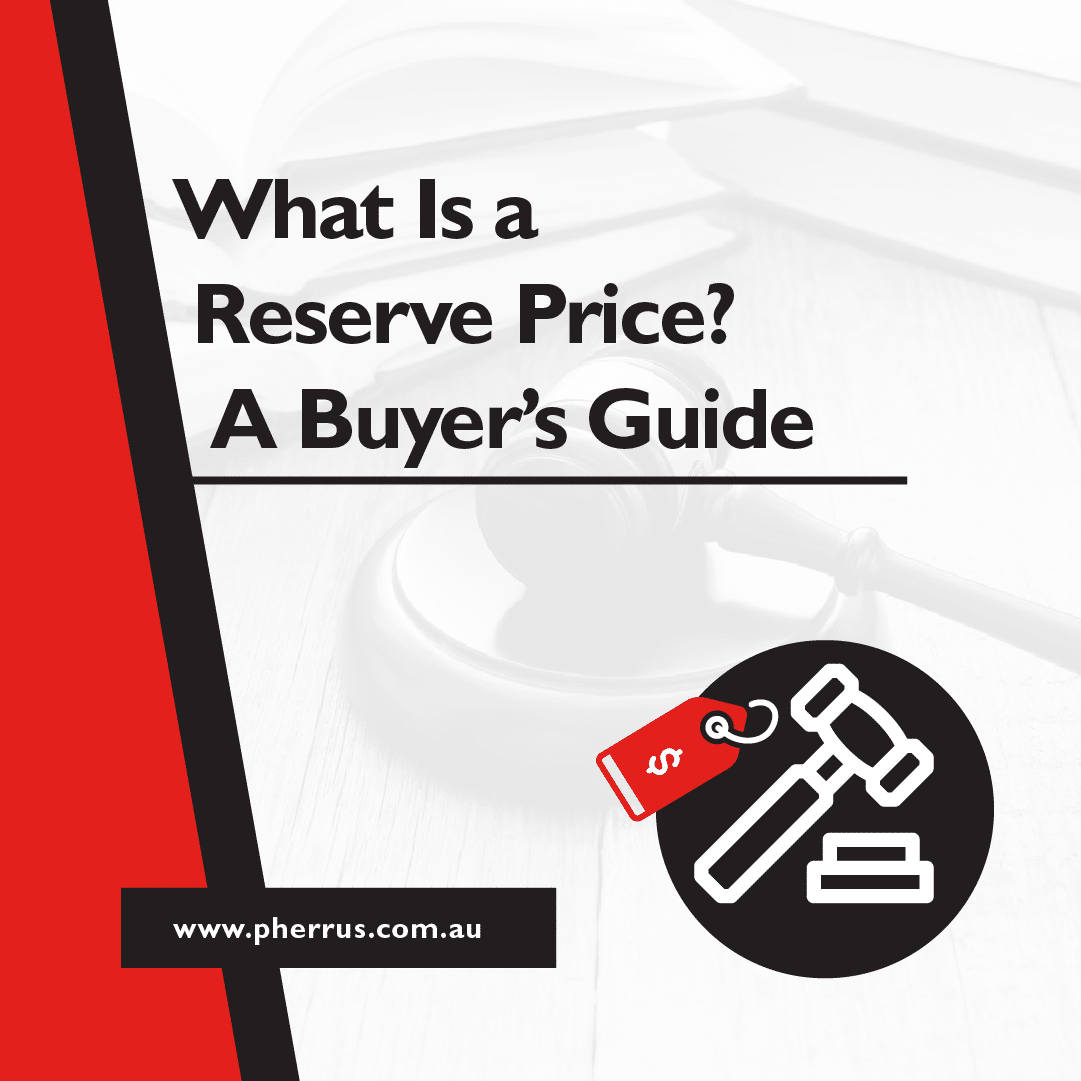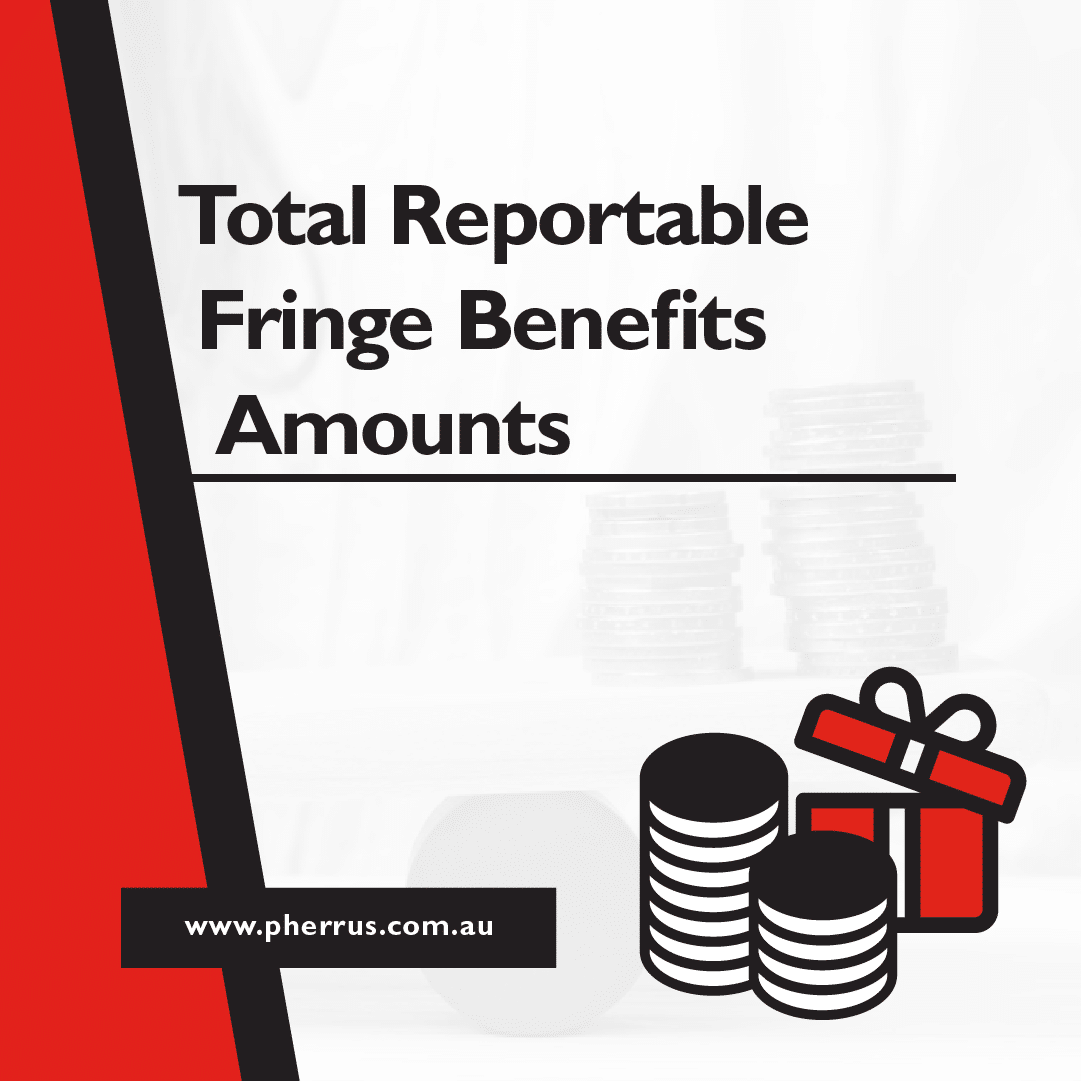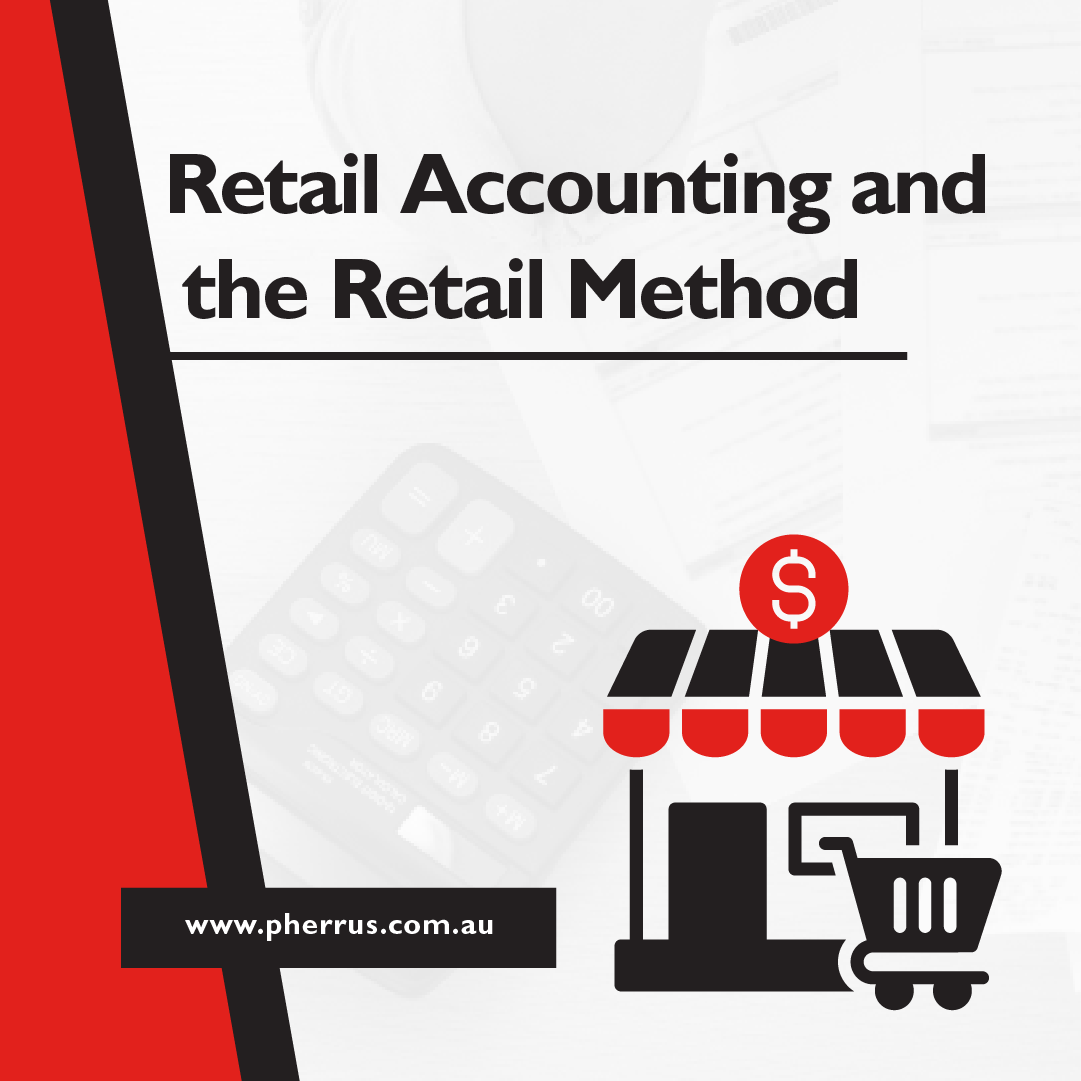When you’re gearing up for an auction, one number holds the power to seal the deal—the reserve price.
What is a reserve price at auction? It’s the lowest amount a seller will accept for their property at auction.
If bidding doesn’t hit this figure, the property won’t sell, and the seller can negotiate with interested buyers after the auction or hold off for a future auction.
Understanding the reserve price is key to planning your auction strategy, whether you’re a seller or a buyer.
Let’s break down how it works and why it matters.
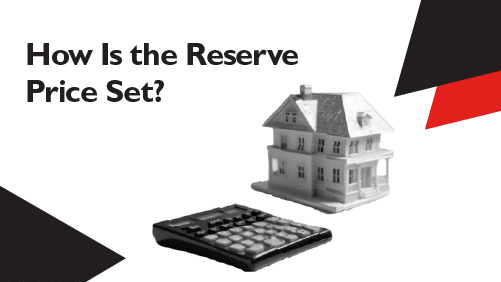
How Is the Reserve Price Set?
The seller sets the property’s reserve price, often with advice from their real estate agent.
The agent will take into consideration
- Recent comparable property sales.
- Current market conditions.
- Location and demand for the property.
- Seller expectations.

Tips for Sellers Setting a Reserve Price
- Do Your Homework: Research recent sales of similar properties in your area to understand the market value. This will help you set a realistic auction reserve price that attracts serious buyers.
- Consult Your Real Estate Agent: Your agent has experience and market knowledge. They can provide valuable advice on setting a reserve that balances your goals with buyer expectations.
- Stay Competitive: Setting the reserve too high might scare off bidders, while setting it too low could undersell your property. Aim for a number that’s competitive but leaves room for bidding to climb.
- Consider Your Bottom Line: Think about the minimum amount you’d be comfortable accepting, reflecting your financial needs and the property’s value.
- Factor in Market Conditions: Is it a buyer’s or a seller’s market? In a buyer’s market, you might need to be more flexible with your reserve to attract interest.
- Be Open to Adjustments: You can adjust your reserve price during the auction if bidding activity suggests it’s needed. Communicate closely with your auctioneer to make informed decisions.
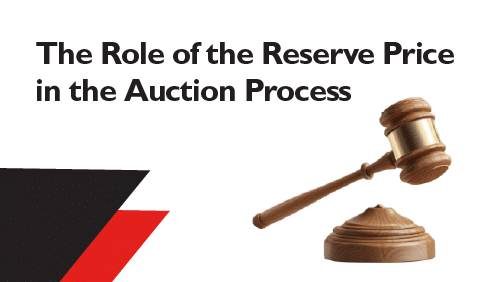
The Role of the Reserve Price in the Auction Process
If bidding reaches the reserve at an auction, the auctioneer typically announces that the property is “on the market,” meaning it’s now up for grabs and will sell to the highest bidder.
This can create a surge of excitement and competitive bidding, as buyers know the property will sell.
But what if bidding doesn’t reach the reserve? The property is considered “passed in.”
In this case, the highest bidder often gets the first chance to negotiate directly with the seller.
If no agreement is reached, the property may be opened to other interested buyers for post-auction negotiations or relisted for a future auction.
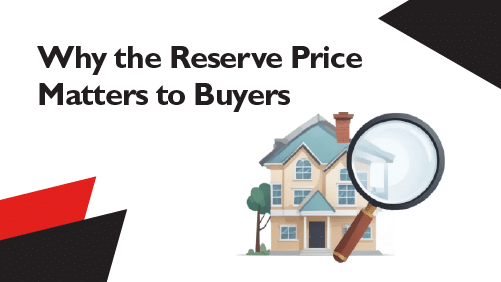
Why the Reserve Price Matters to Buyers
Understanding the reserve price can give buyers an edge at auction.
While the reserve is usually kept confidential, knowing it exists helps buyers strategise and approach bidding more confidently.
When bidding, pay attention to the auctioneer’s announcements.
If they declare the property is “on the market,” it means the reserve has been met, and the highest bidder will succeed in purchasing the property.
To prepare for this moment, it’s important to research the property’s value and set a clear budget for yourself.
This way, you can bid smartly without getting caught up in the heat of competition.
Auction Terms and Conditions
Before an auction, you also need to understand common auction terms and conditions.
- Deposit: Buyers must generally pay a 10% deposit of the purchase price immediately after winning the auction.
- Settlement Period: The agreed timeframe for finalising the sale, typically 30–90 days.
- Bidding Rules: Bidders must register before the auction and comply with rules, such as bidding in clear increments and avoiding disruptive behaviour.
- Passed-In Process: If the bidding doesn’t reach the reserve, the highest bidder may get the first opportunity to negotiate with the seller.
- No Cooling-Off Period: There is no cooling-off period for properties sold at auction, meaning buyers are locked into the contract once the hammer falls.

Understand Real Estate Basics With Pherrus
Once you’ve bought or sold a property, you’ll need an accountant to help manage the financial side, such as calculating capital gains tax, claiming deductions, and properly recording everything for tax purposes.
At Pherrus, we specialise in property accounting.
We’ll guide you in the financial and tax planning strategies associated with property investments and transactions to save you time, stress, and money.
Contact us today for clear, professional advice tailored to your property goals. Fill out our online form or call (02) 9099 9109 to book an appointment at our Bella Vista office in Sydney, NSW.
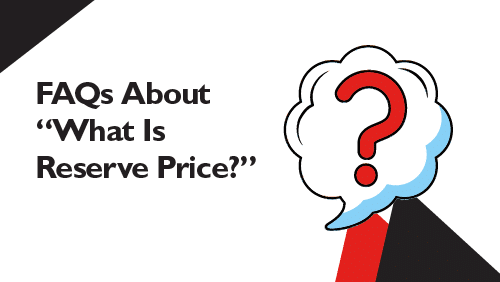
FAQs About “What Is Reserve Price?”
Do Buyers Know Reserve Price?
Buyers do not know the reserve price. It’s kept confidential and only revealed during the auction if bidding reaches or exceeds it, at which point the property is declared “on the market.”
What Happens if My Bid Does Not Meet the Reserve?
If your bid doesn’t meet the reserve, the property is “passed in” at auction. If you’re the highest bidder, you may get the first opportunity to negotiate directly with the seller after the auction.
What Is the Point of a Reserve Price?
The reserve price protects the seller by ensuring their property won’t sell for less than the minimum amount they’re willing to accept at auction.


